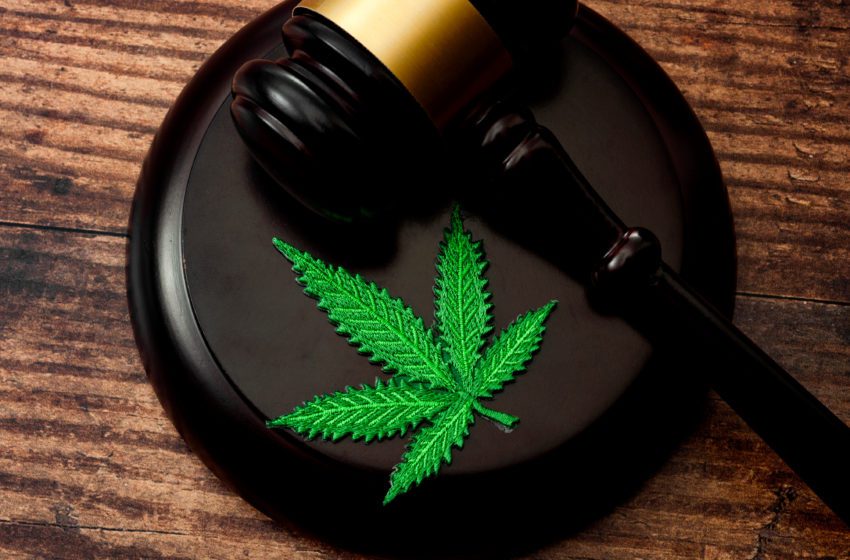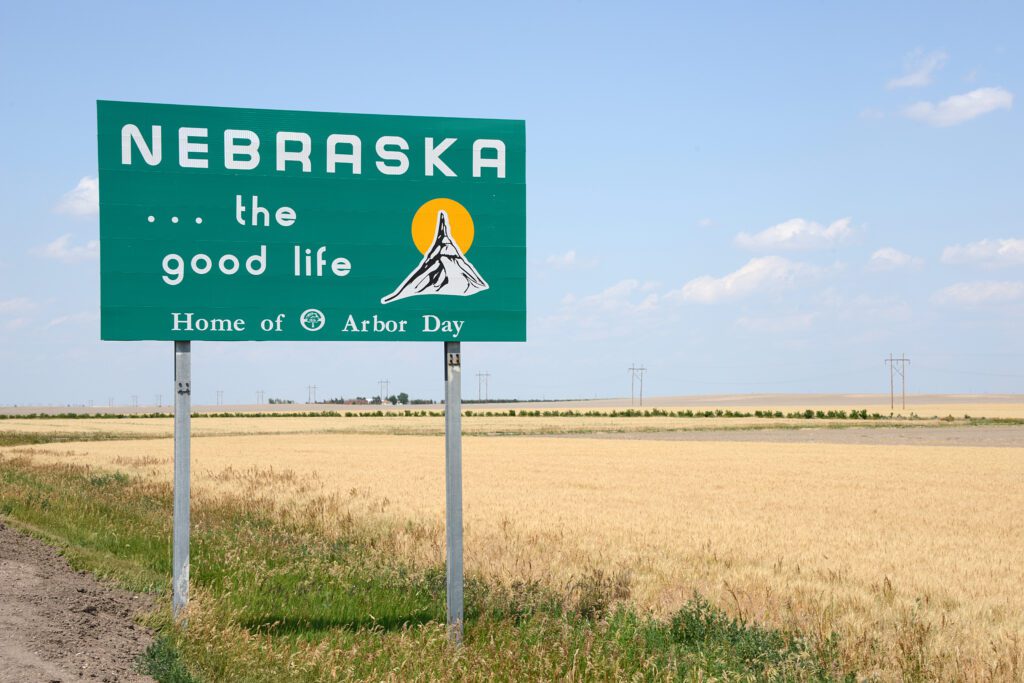Killing THCa will end a renaissance of cannabis reform, access and business opportunity.
By Rod Kight
As I write this, I sit in the Charlotte airport awaiting a flight to Las Vegas, where I will speak at MJBizCon on a panel about rescheduling.
As I prepare for the panel and think about the implications of rescheduling, it’s impossible to ignore a fundamental reality, namely that “cannabis” is already mostly descheduled. Cannabis and all its cannabinoids, including delta-9 THC in concentrations up to 0.3 percent by dry weight, were completely descheduled at the end of 2018, when the current Farm Bill was enacted.
In other words, we simultaneously watch the Drug Enforcement Agency (DEA) rescheduling saga play out in the hope that marijuana and its cannabinoids will eventually be downgraded to schedule 3, while we live in a world where cannabis and all its cannabinoids were removed from the Controlled Substances Act (CSA) six years ago. Of course, I’m referring to hemp.
We Are Living in a Cannabis ‘Golden Age’
Amidst the high drama of the “cannabis civil war,” it is easy to overlook the fact that we are living in a cannabis “Golden Age”—a renaissance of cannabis reform, access and business opportunity. There’s never been a time in history when you could legally order cannabis flower to your front door (not to mention a host of other cannabis products, including THC beverages, gummies and vapes).
It’s been almost 100 years since an individual or a small company could legally grow, manufacture and/or sell cannabis and cannabis products across state and international lines. Today, cannabis consumers have a wealth of product choices that are sold by a wide array of distribution outlets, from dispensaries to grocery stores and consumption lounges to e-commerce websites. At the same time, cannabis entrepreneurs have more options to enter the industry than ever before.
Over the past six years, cannabis rapidly expanded across the country, resulting in normalization in ways most people did not anticipate. This trend continues to grow.
Killing THCa Ends This Golden Era
Killing THCa ends this Golden Era. As most people who read my blog know, “THCa flower” is just “cannabis flower” that complies with the Farm Bill’s current legal definition. It’s not new. It’s not synthetic. It’s the same thing we’ve been smoking for thousands of years, and, as I write this, it is still federally lawful.
Despite all the amazing cannabis form factors to which we have access, flower remains “ground zero,” the mother of every cannabis product. For many, smoking or vaping cannabis flower is the go-to method of use. If we kill THCa, we effectively “reschedule” cannabis and eliminate billions of dollars of legal cannabis flower from the market.
Closing this so-called “loophole” in the next Farm Bill ends an unprecedented era of massive cannabis reform, normalization, business growth and consumer choice. The idea of rescheduling cannabis that was legalized in 2018 should be sinful to anyone who truly believes in and cares about the plant. Regardless of Congressional intent, the 2018 Farm Bill is unambiguous. It offered an opportunity to the cannabis industry.
Rather than working to undo this windfall based on presumptions about what Congress did or did not want, we should embrace and expand on it. This is particularly important as we watch the DEA drag its feet by simply moving marijuana to schedule 3, a move that is important but not nearly as powerful as saving THCa and preserving the definition of “hemp.” Even better, we should expand the definition of “hemp” as proposed in Rand Paul’s hemp bill, which increases the delta-9 THC limit to 1 percent without any reference to THCa.
Let’s Regulate Hemp Properly
I’ll close this article by stating the obvious—hemp needs to be regulated properly. This is not the article to discuss regulatory issues, but those who were involved in the early days of cannabis reform remember that it took time to get regulations worked out. (Most people would argue that California and many other states went overboard in their efforts, but that’s also better suited to another article.) The point is that the hemp industry is young, and regulating any new industry takes time.
Importantly, though, the hemp industry is actively pushing to be better regulated. I contend we need a structure focused on the “Three Pillars”: age-gating, safe manufacturing and standardized labeling. To that end, the U.S. Hemp Authority expanded its certification program to include intoxicating hemp products, and other organizations, such as the American Healthy Alternatives Association, lobby for reasonable regulations. The National Cannabis Industry Association has made positive moves for hemp. It will take some time, but rather than throwing the baby out with the bathwater, we should focus on working out proper regulations.
Conclusion
Killing THCa will end the cannabis Golden Age, will set cannabis reform back in a way that may take decades to recover from, will push billions of dollars of cannabis back onto the black market and will restrict access to millions of people. Let’s not do that.
Rod Kight is an international cannabis lawyer who represents businesses throughout the cannabis industry.







 Ispire Technology announced the launch of VLT, a groundbreaking vaping pod system that redefines the 510-thread experience. VLT’s proprietary reload system offers a sustainable and eco-friendly solution that empowers consumers to take control of their vaping devices, addressing key concerns about environmental impact and disposable hardware waste.
Ispire Technology announced the launch of VLT, a groundbreaking vaping pod system that redefines the 510-thread experience. VLT’s proprietary reload system offers a sustainable and eco-friendly solution that empowers consumers to take control of their vaping devices, addressing key concerns about environmental impact and disposable hardware waste.







